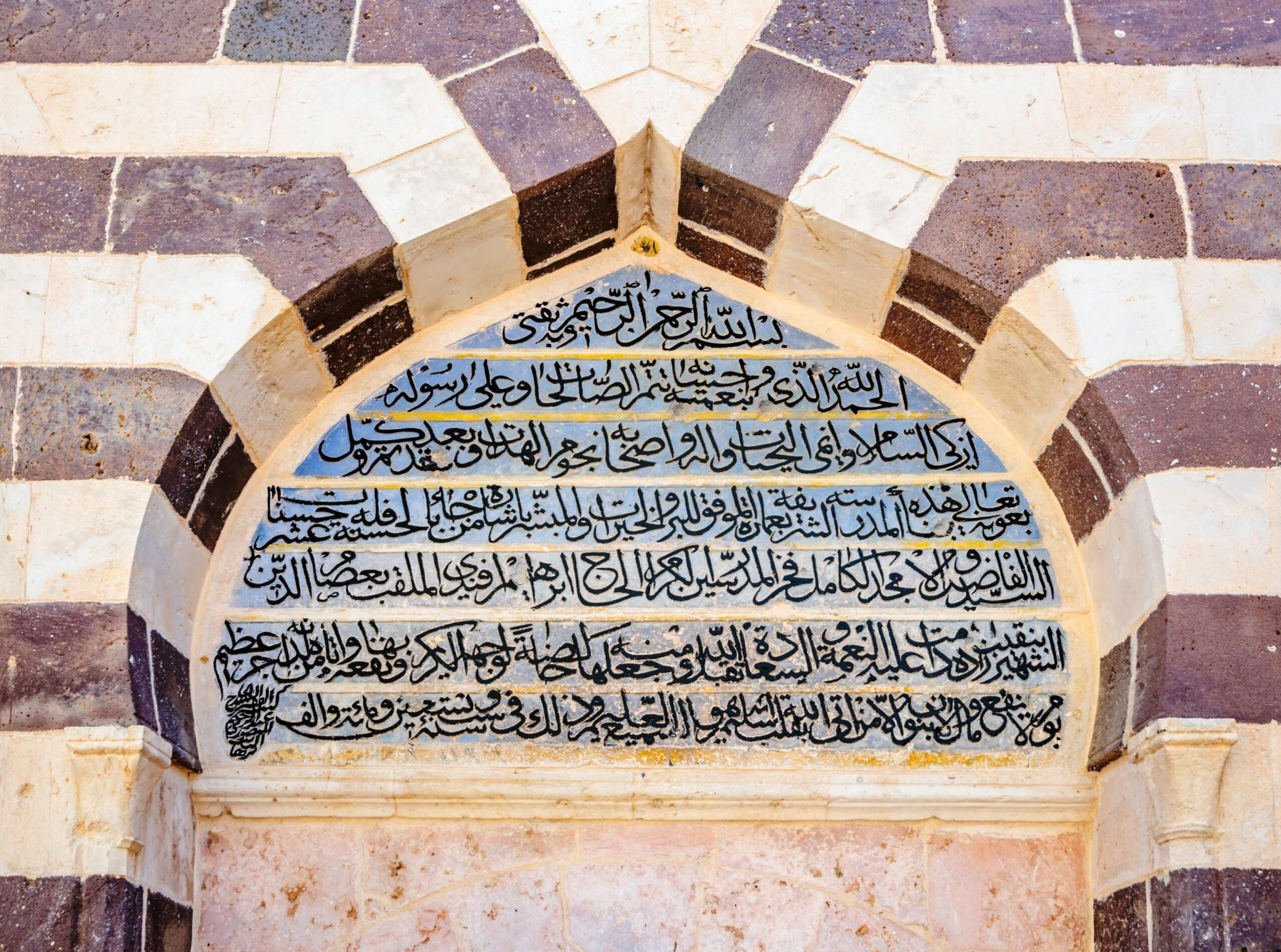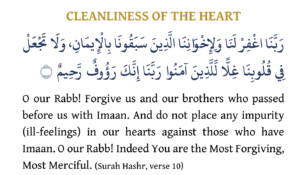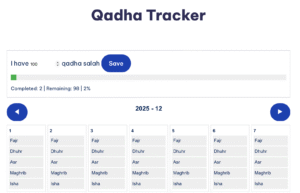Alhumdulillah meaning:ٱلْحَمْدُ لِلَّٰهِ (Tahmid)
AlHamd (الحمد) = Gratitude/Praise + Lilah (لله) = to Allah
Many people say “Alhamdulillah,” but their lives are not led by “Alhamdulillah.” What is the meaning of “Alhamdulillah”? It means, “All praise is due to Allah.”
What does “Alhamdulillah” mean? It means “All praise is due to Allah,” whether I’m going through a good time, a bad time, a tough time, whether I’m going through victory or failure, or whether I’ve lost or gained, for Everything, we should say, “All praise is due to Allah” . when things happen in our way or when it doesn’t happen in way we want, we say Alhumdulillah. We say “All praise is due to Allah” That’s why we are called believers.
This is an independent website by a Female scholar.If you benefit from our articles, Help our Projects by buying our Worksheets (Link1) or (Link2) or removing ads. Bookmark our website so that you can visit it daily for(Digital Tasbih) or (Salah Tracker).
Various Islamic phrases include the Tahmid. These are-
ٱلْحَمْدُ لِلَّٰهِ رَبِّ ٱلْعَالَمِينَ : All praise is due to God, Lord of all the worlds.
ٱلْحَمْدُ لِلَّٰهِ All praise is due to God.
shukar alhamdulillah in arabic :
“shukran alhamdulillah” in Arabic is written as “شكرًا الحمد لله.”
Meaning of Alhamdulillah
Alhumdulillah is also called Hamdullah. What is the meaning of Hamdullah?
Hamdullah or hamdulilah is the short form of saying Alhamdulillah. This is a effective Arabic word which interprets to mean “All reward is because of Allah”. As a Muslim, reciting this phrase is an quintessential part of our deen; each the Quran and Sunnah of Prophet Muhammad (saws) teach us to say this phrase daily.
Whenever we pray salah (every day prayer) we begin with the recitation of “Alhamdulillahi Rabbil ‘aalameen” that is the start of Suratul Fatiha and method [All] praise is [due] to Allah, Lord of the worlds.
Alhumdulillah in surah Fatiha: Alhamdulillah in English
(1:1) In the name of Allah, the Merciful, the Compassionate (1:2) Praise be to Allah, the Lord of the entire universe. (1:3) The Merciful, the Compassionate (1:4) The Master of the Day of Recompense. (1:5) You alone do we worship, and You alone do we turn for help (1:6) Direct us on to the Straight Way, (1:7) The way of those whom You have favoured, who did not incur Your wrath, who are not astray.
When to say Alhumdulillah?
Here are some common instances when “Alhamdulillah” is said:
- After Eating: Muslims often say “Alhamdulillah” after they’ve finished a meal as a way of thanking Allah for the food they’ve consumed.
- In Times of Blessings: When good things happen in one’s life, such as achieving success, experiencing joy, or receiving a gift, people say “Alhamdulillah” to express gratitude.
- During Adversity: “Alhamdulillah” can also be said during difficult times or adversity as a way of remaining patient and recognizing that everything is under Allah’s control.
- When Praying: “Alhamdulillah” is frequently used in Islamic prayers, especially in the opening chapter of the Quran, Al-Fatiha.
- After Sneezing: It is a common practice in Islam to say “Alhamdulillah” after sneezing, and those around the person who sneezed reply with “Yarhamuk Allah” (May Allah have mercy on you).
- Expressing Gratitude: Anytime a Muslim wishes to express gratitude or acknowledge the goodness in their life, they can say “Alhamdulillah.”
Hadith on Importance of saying Alhumdulillah
Abu Malik Al-Ash’ari (may Allah be pleased with him) reported:
The Messenger of Allah (ﷺ) said: “Purity is half of iman (faith). ‘Al-hamdu lillah (all praise and gratitude belong to Allah)’ fills the scales, and ‘subhan-Allah (how far is Allah from every imperfection) and ‘Al-hamdulillah (all praise and gratitude belong to Allah)’ fill that which is between heaven and earth.”
Grade: Sahih (Al-Albani)
English reference: Book 40, Hadith 927
Arabic reference: Book 1, Hadith 927
Saying Alhamdulillah when someone sneezes:
Abu Salih reported that the Prophet, may Allah bless him and grant him peace, said, “When one of you sneezes, he should say, ‘Praise be to Allah.’ When he says, ‘Praise be to Allah, ‘ his brother or companion should say to him [Yarhamuk-Allah], ‘May Allah have mercy on you.’ Then let the person who sneezed say [Yahdikum-ullah wa yuslihu balakum], ‘May Allah guide you and put your affairs in order.’”
Grade: Sahih (Al-Albani)
English reference: Book 40, Hadith 927
Arabic reference: Book 1, Hadith 927
Alhumdulillah Ala kulli haal
الْحَمْدُ لِلَّهِ عَلَى كُلِّ حَال
When something happened that pleased him, the Prophet (ﷺ) used to say:
Alḥamdu lillāhi ‘lladhi bi ni`matihi tatimmuṣ-ṣāliḥāt. And if something happened that displeased him, he used to say: Alḥamdu lillāhi `alā kulli ḥāl. When something happened that pleased him, the Prophet (ﷺ) used to say: Praise is to Allah Who by His blessings all good things are perfected. And if something happened that displeased him, he used to say: Praise is to Allah in all circumstances.
Hisn al-Muslim 218
Alhumdulillah Status
- “Start and end your day with gratitude. Alhamdulillah for all the blessings in your life.”
- “In every situation, say ‘Alhamdulillah’ for the wisdom to understand that Allah’s plan is always the best.”
- “Life is a journey, and at every step, say ‘Alhamdulillah’ for the lessons learned.”
- “When you feel lost, remember to say ‘Alhamdulillah’ for the guidance of faith.”
- “Even in your darkest moments, there is always something to be grateful for. Alhamdulillah.”
- “Alhamdulillah for the gift of family, they are the source of endless love and support.”
- “Every breath is a blessing. Say ‘Alhamdulillah’ for the gift of life.”
- “Alhamdulillah for the beauty of nature, a reminder of Allah’s creation.”
- “Gratitude turns what we have into enough. Alhamdulillah for contentment.”
- “In times of success and failure, always remember to say ‘Alhamdulillah’ for Allah’s plan is perfect.”
These quotes reflect the essence of gratitude and the significance of saying “Alhamdulillah” in various aspects of life.
Follow us in Facebook
Discover more from Islam Hashtag
Subscribe to get the latest posts sent to your email.








